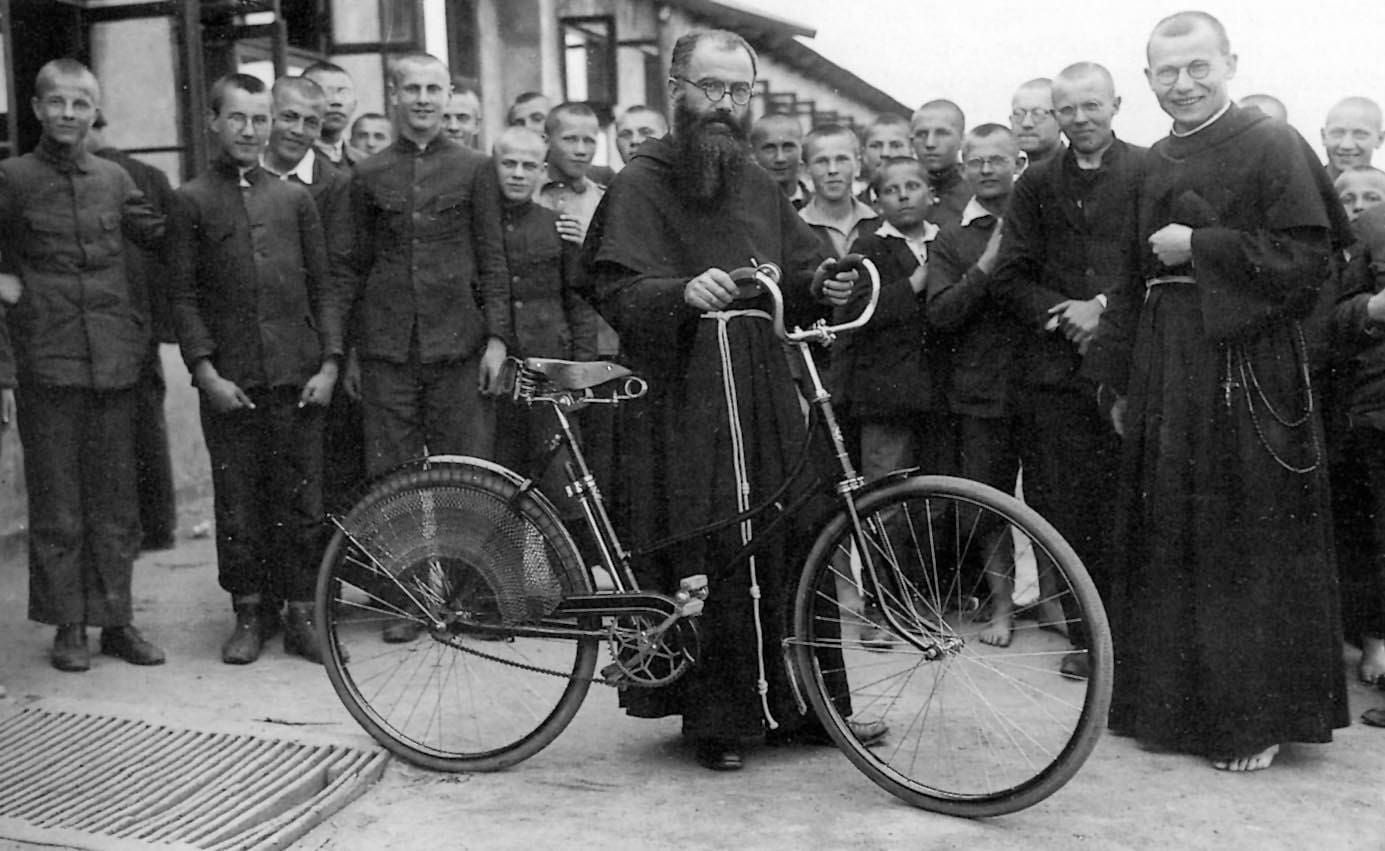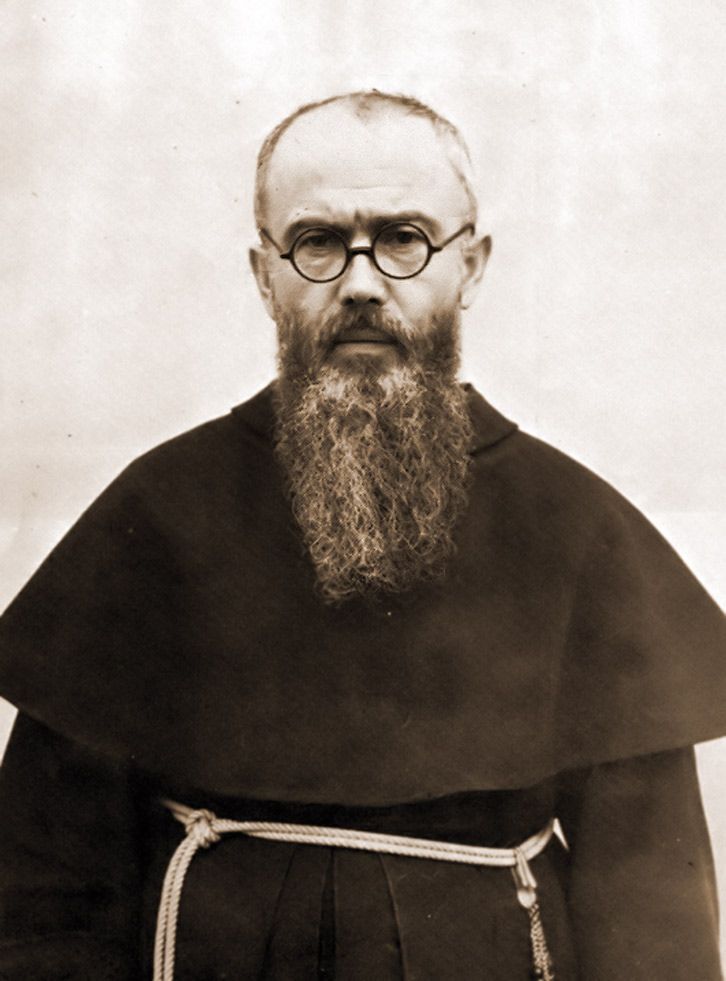Message of Abbot Paul - Monday 14th August 2023
Abbot Paul • August 13, 2023


Today, the vigil of the Assumption of Our Lady, the Church remembers St Maximilian Maria Kolbe, the Polish Franciscan priest, who was murdered by the Nazis at Auschwitz on this day in 1941. He offered to die in the place of a man named Franciszek Gajowniczek. He was 47 years’ old. We know that many Catholics and Protestants were put to death by the Nazis as well as many millions of Jews and others. To some extent, St Maximilian represents them all. Shortly, a whole family will be beatified, including an unborn child. This is a Polish Christian family put to death for helping and harbouring Jews. If only human beings could learn from the past not repeat the same mistakes and grave sins, but ethnic and religious cleansing continues to take place today on a large scale in many parts of the world, where people are still imprisoned and killed unjustly and with barbarous cruelty. When will we ever learn? May St Maximilian pray that all these horrid situations come to an end and may we do whatever we can to alleviate the suffering of those who are the subject of hatred, violence, terrorism and injustice. Before we condemn migrants, let’s take a look at where they’ve come from and what they’ve suffered.
Today’s Gospel from Matthew, (Mt 17: 22-27), really fits the bill. Jesus foretells his own death. “One day when they were together in Galilee, Jesus said to his disciples, ‘The Son of Man is going to be handed over into the power of men; they will put him to death, and on the third day he will be raised to life again.’ And a great sadness came over them.” Christian martyrs willing accept the death that Christ their Saviour died, because they know that he rose from the dead. Even those of us who do not suffer martyrdom, yet know that we are sure to die, face death with confidence and hope, knowing that Jesus has gone before us to prepare a place for us at the Father’s right hand. I’ll leave the rest of today’s Gospel for another time. I think it’s sufficient today to meditate on the life and death of our saint and thank God for his example, teaching and intercession.









